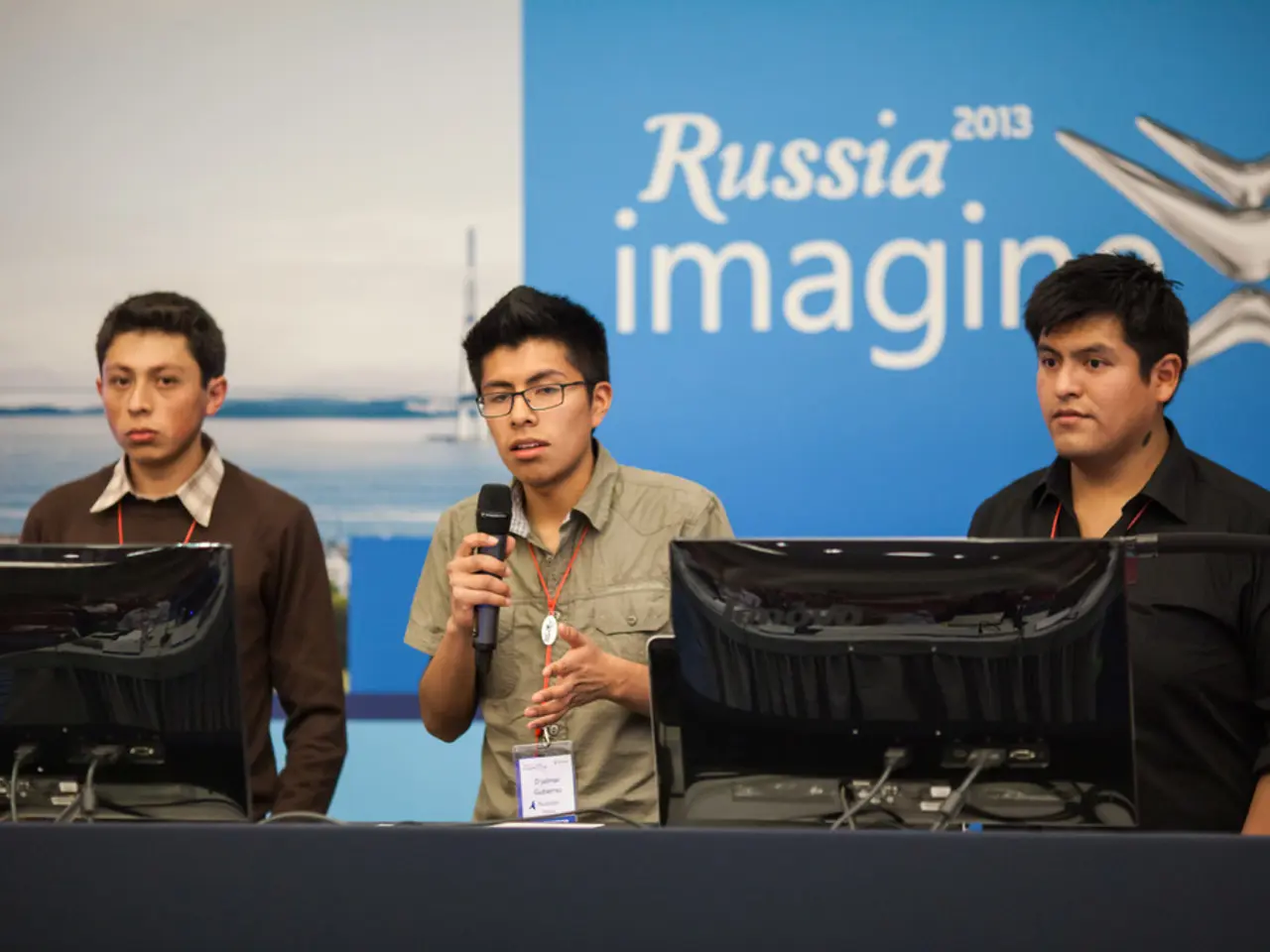Investment giants at Heirs Technologies advocate for substantial funding to unleash Africa's potential in the digital domain.
In a recent report, The Heirs Tech Industry Report: Africa's Digital Leap, the need for bold and coordinated investments to bridge Africa's infrastructure gaps and unlock its digital economy has been highlighted.
Between 2019 and Q1 2025, 87% of capital raised by AI startups flowed to South Africa, Nigeria, Kenya, and Egypt, leaving many other regions underserved. However, large-scale initiatives like the 2Africa subsea cable are expected to triple the continent's international internet capacity, providing a much-needed boost to digital connectivity.
Despite this progress, over 55% of users in Sub-Saharan Africa still rely on 2G and 3G networks, limiting access to cloud services and leaving many excluded from the digital economy. Kenya, Egypt, and Nigeria show promise in technology hubs, but a fragmented skills landscape persists, especially in emerging fields like AI.
The report argues that Africa needs not just financial capital and technology, but also strategic coordination for its digital transformation. Decisive capital allocation is needed in three critical areas: digital infrastructure, talent and skills, and policy and governance. Broadening capital flows and aligning them with progressive policies will be vital to ensuring equitable digital growth across Africa.
The digital economy could add up to $180 billion to Africa's GDP by 2025, and artificial intelligence (AI) and related technologies could contribute as much as $2.9 trillion to Africa's GDP by 2030. To achieve this potential, addressing Africa's critical talent shortages in technology adoption is essential.
The Heirs Tech Industry Report emphasizes the need for collaboration in delivering scalable, inclusive, and sustainable digital transformation across the continent. Economies such as Nigeria, Kenya, and South Africa are leading efforts to expand digital infrastructure, with support from global technology giants like AWS, Microsoft Azure, and Google Cloud.
However, overregulation could stifle innovation in Africa, which is still grappling with infrastructure and skills deficits. Africa hosts less than 1% of the world's data center capacity, underscoring the urgency of expanding cloud and data infrastructure.
The report concludes that Africa's digital leap will require strategic coordination between infrastructure, talent, and governance ecosystems. Africa's data protection landscape has shown progress, with 39 out of 55 countries enacting data protection laws and 34 establishing regulatory authorities. Such collaboration will be essential for delivering a digital Africa that is both scalable and sustainable.
Read also:
- Understanding the Concept of Obesity
- Microbiome's Impact on Emotional States, Judgement, and Mental Health Conditions
- Highlighting the Year 2025 IFA Awards, our site showcases the top 10 cutting-edge technologies unveiled this year.
- Guide to Natural Protection in Permaculture Gardens: Implementing Mulching Techniques Organically








